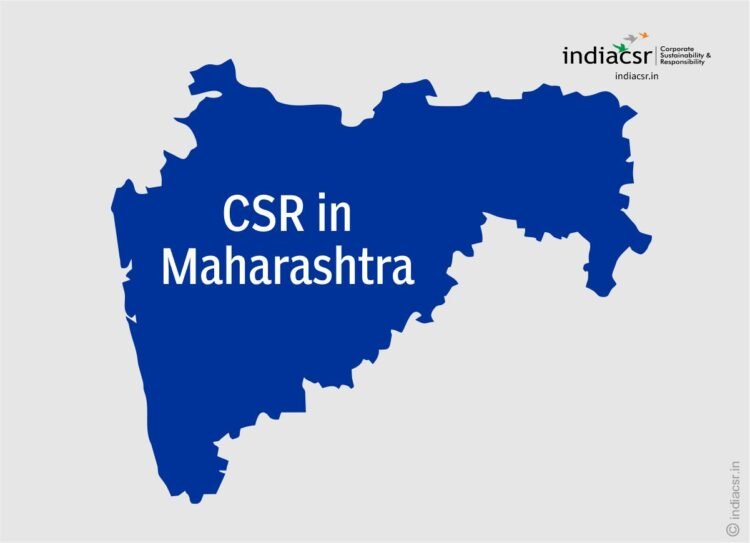Mumbai, February 08, 2024: Tata Capital Limited, the flagship financial services company of the Tata Group, has undertaken a series of development projects across rural areas of Maharashtra, Tamil Nadu, and Rajasthan under its CSR initiative – the JalAadhar programme. The initiative aims to maximize water security for communities within a micro-watershed area.
The programme operates through two models. The first targets groundwater replenishment, implementing strong water management in farming, and introducing income-generating activities for women. The second model emphasizes rainwater collection for domestic and cattle use, particularly vital in arid regions with scarce water resources.
As of FY 2023 – 24, Tata Capital’s JalAadhar programme has positively touched the lives of over 2.3 lakh individuals, creating a water harvesting capacity of over 14,000 lakh litres.
Sridhar Sarathy, Chief Ethics Officer & Head Sustainability and CSR at Tata Capital said, “Through the support of local NGOs and communities, the JalAadhar programme has been able to highlight water resource management. Our commitment to empower local communities with an objective of water conservation remains steadfast. Witnessing the tangible difference it has made in the lives of many communities and ecosystems, reinforces our resolve to drive meaningful change.”
Tata Capital Limited, a holistic financial services provider caters to the diverse needs of retail, corporate and institutional customers. Its range of offerings includes Consumer Finance, Advisory Services, Commercial Finance, Infrastructure Finance, Microfinance, Project Finance, debt syndication, Investment Banking, Private Equity Advisory and Credit Cards.
About JalAadhar
The aim of the project is to ensure water security within a fresh-water ecosystem by recharging the groundwater and strengthening soil capacity which addresses the increasing demand for social, economic and environmental well-being of the community achieved through a sustainable approach. To ensure community ownership and project sustainability, a watershed committee has been set-up. The implementation partner trained villagers in watershed management practices and sought involvement through sweat equity, part payment contribution and a 50:50 sustainability fund for post project maintenance managed by the committee and overseen by the NGO.
Also Read







